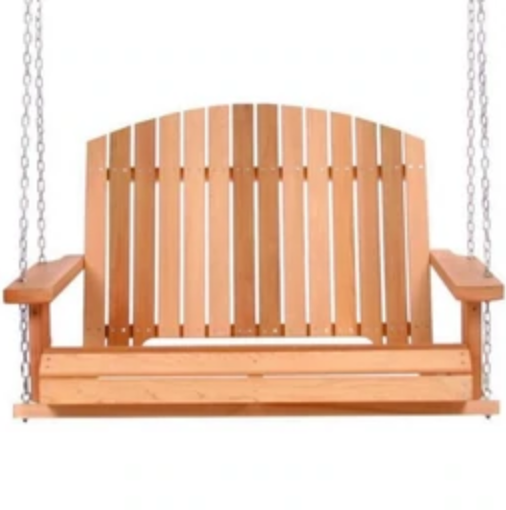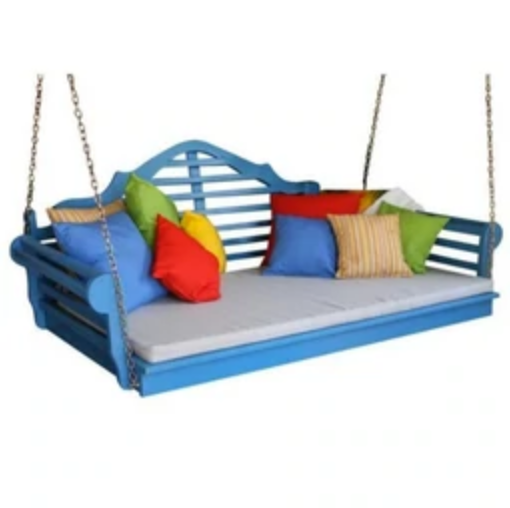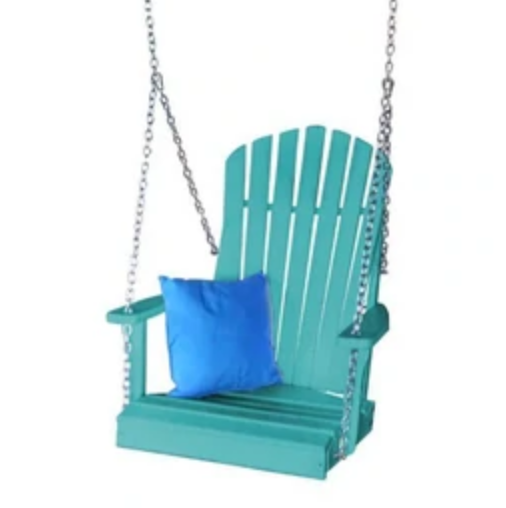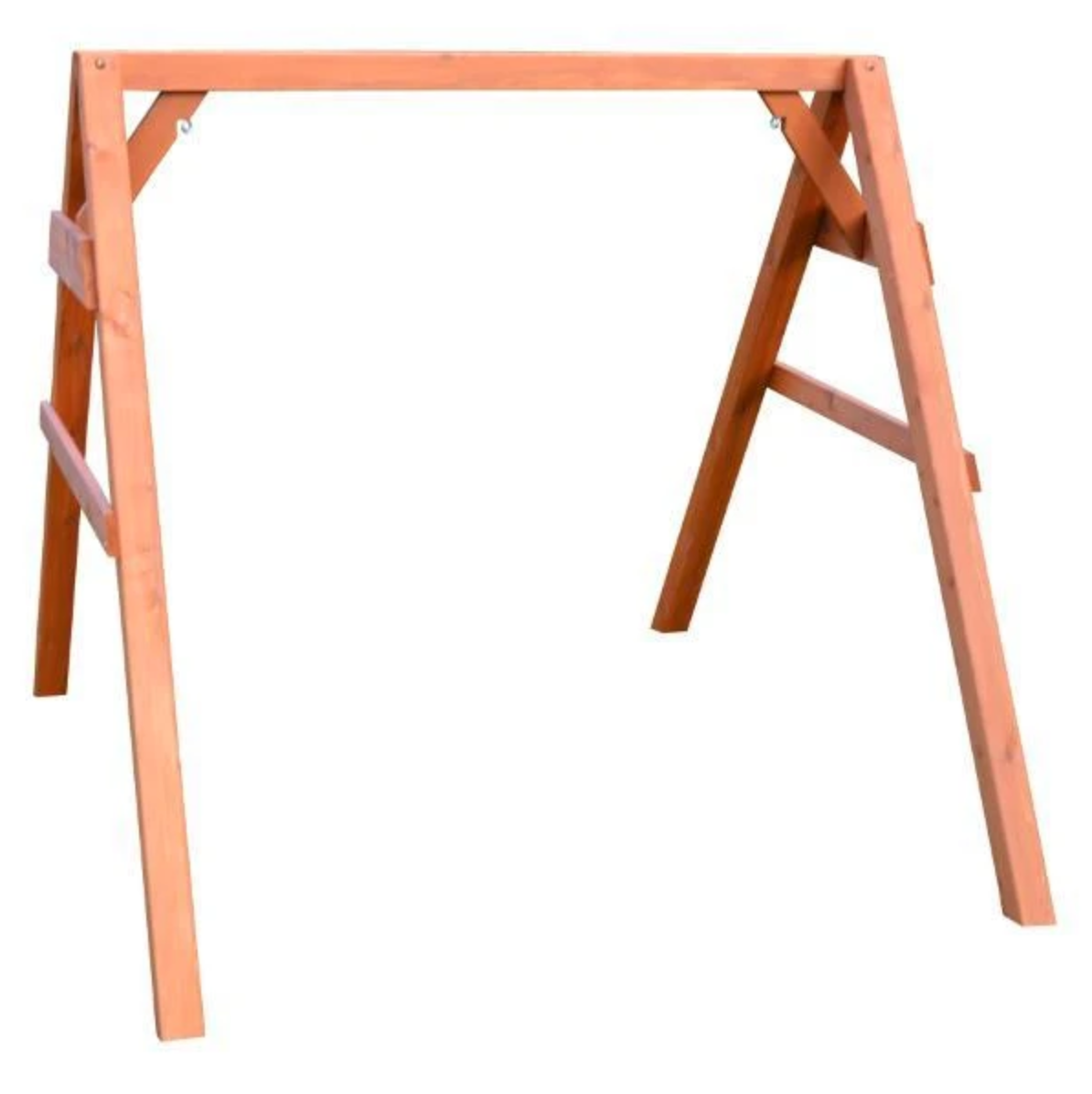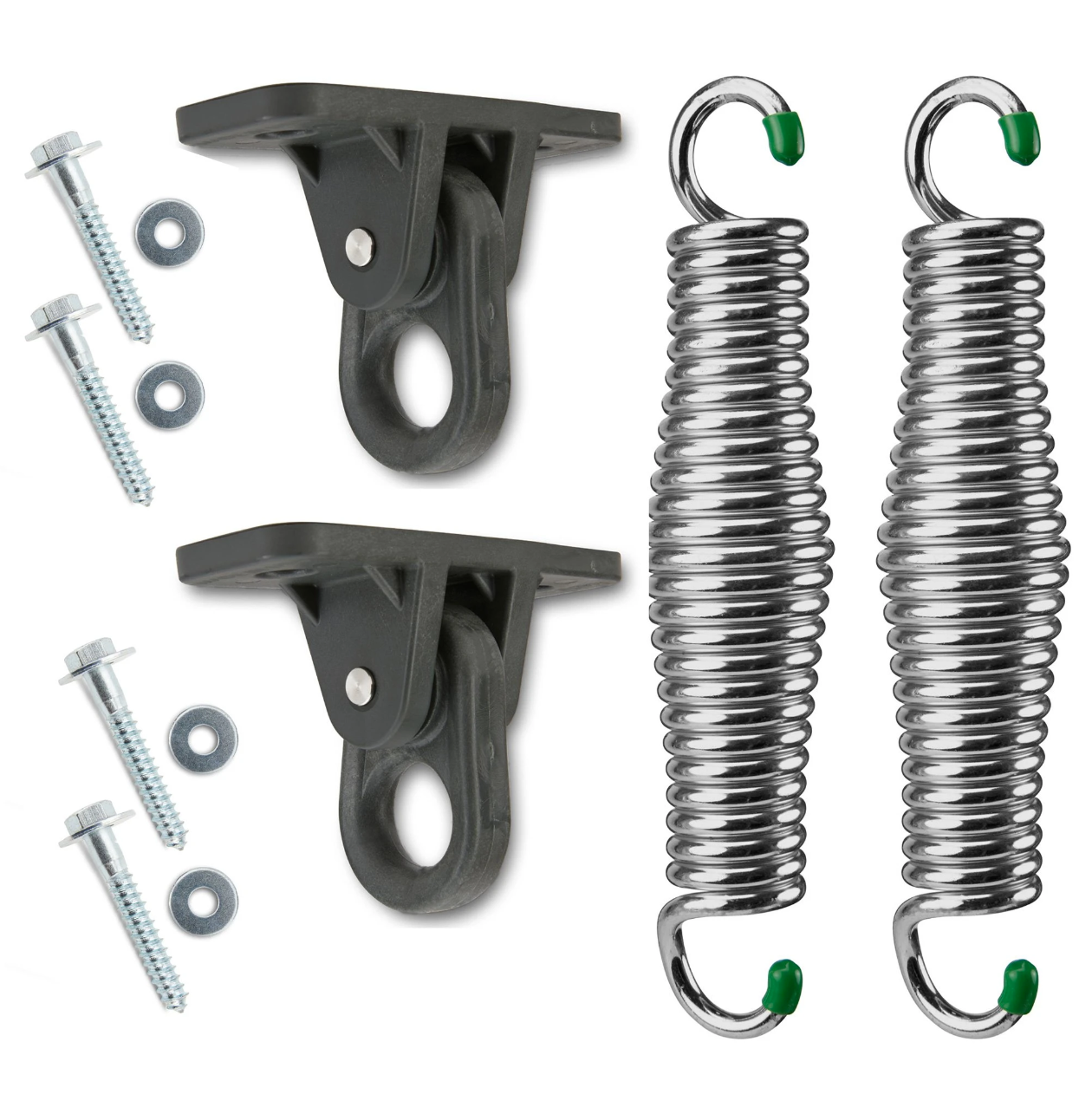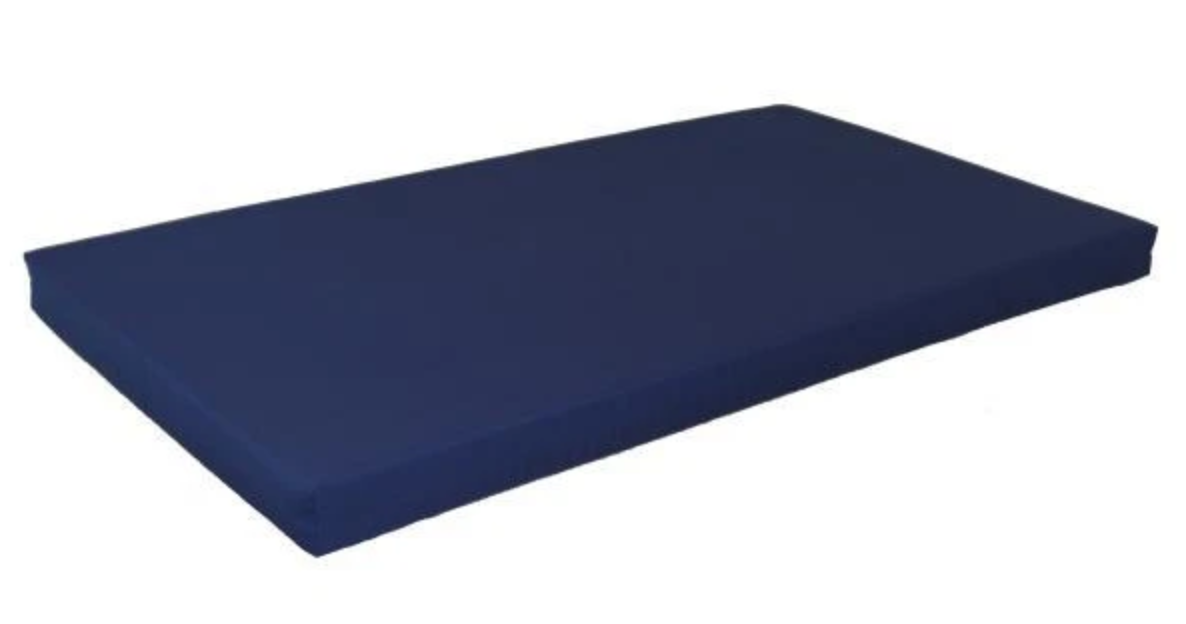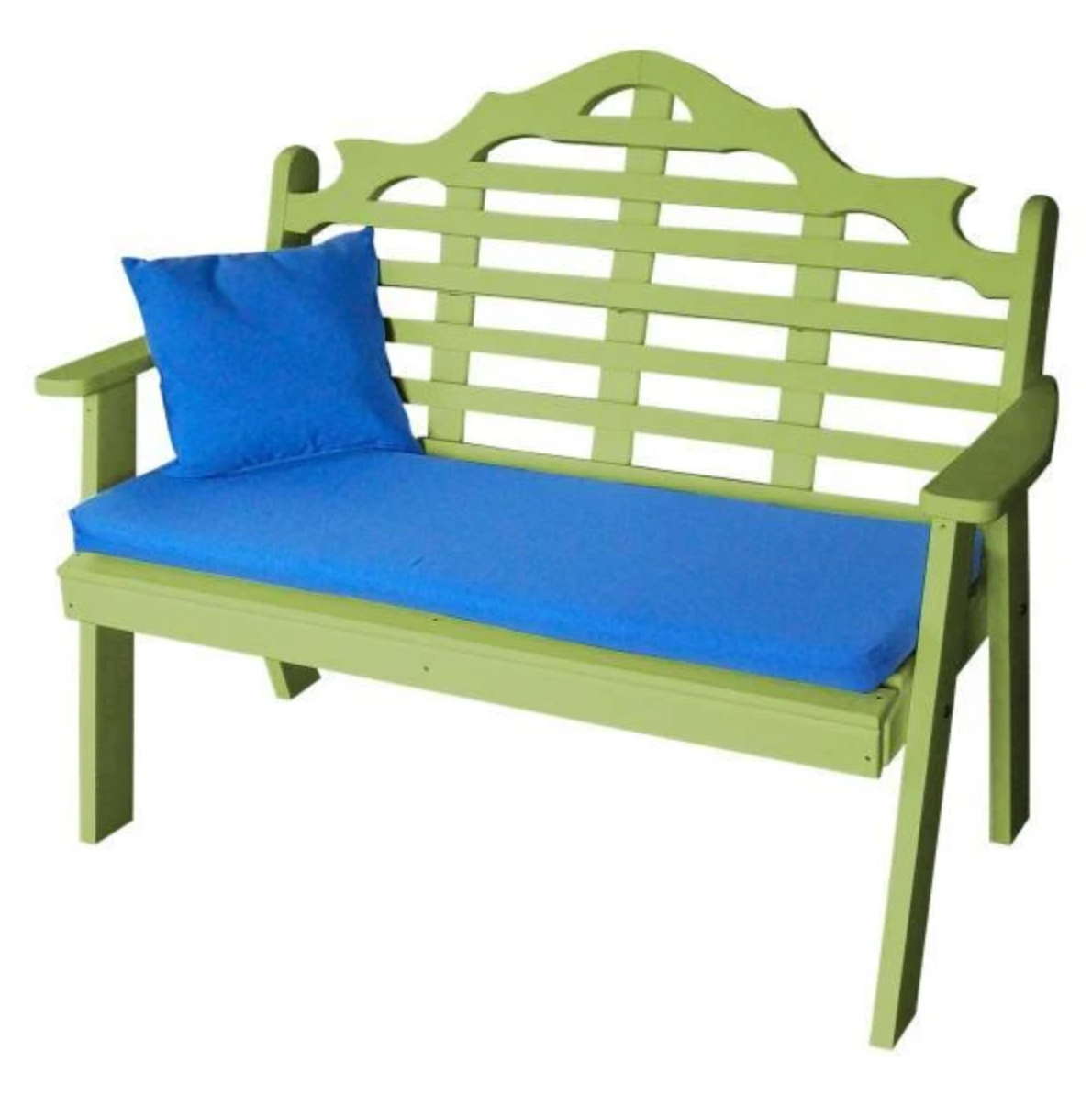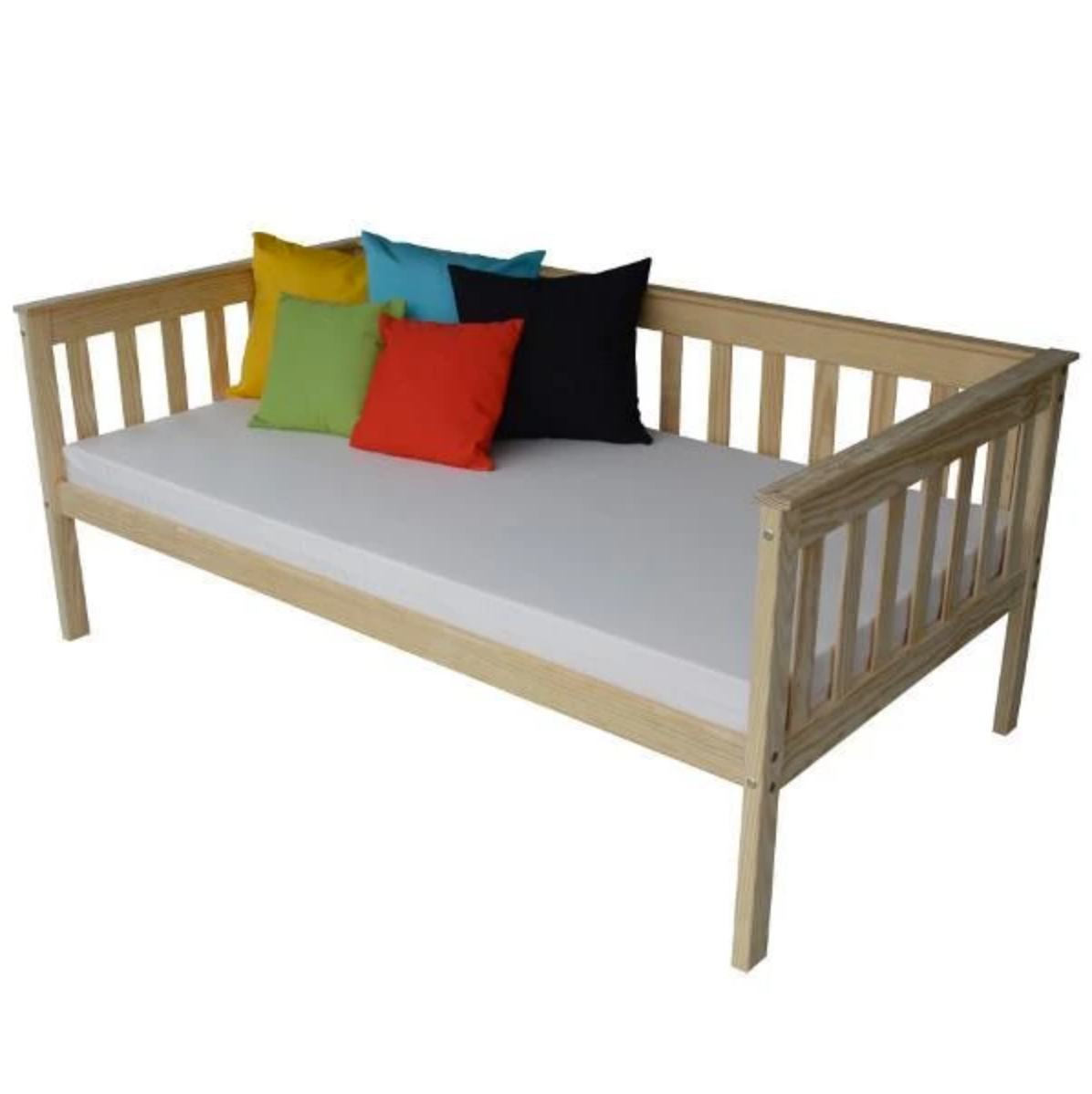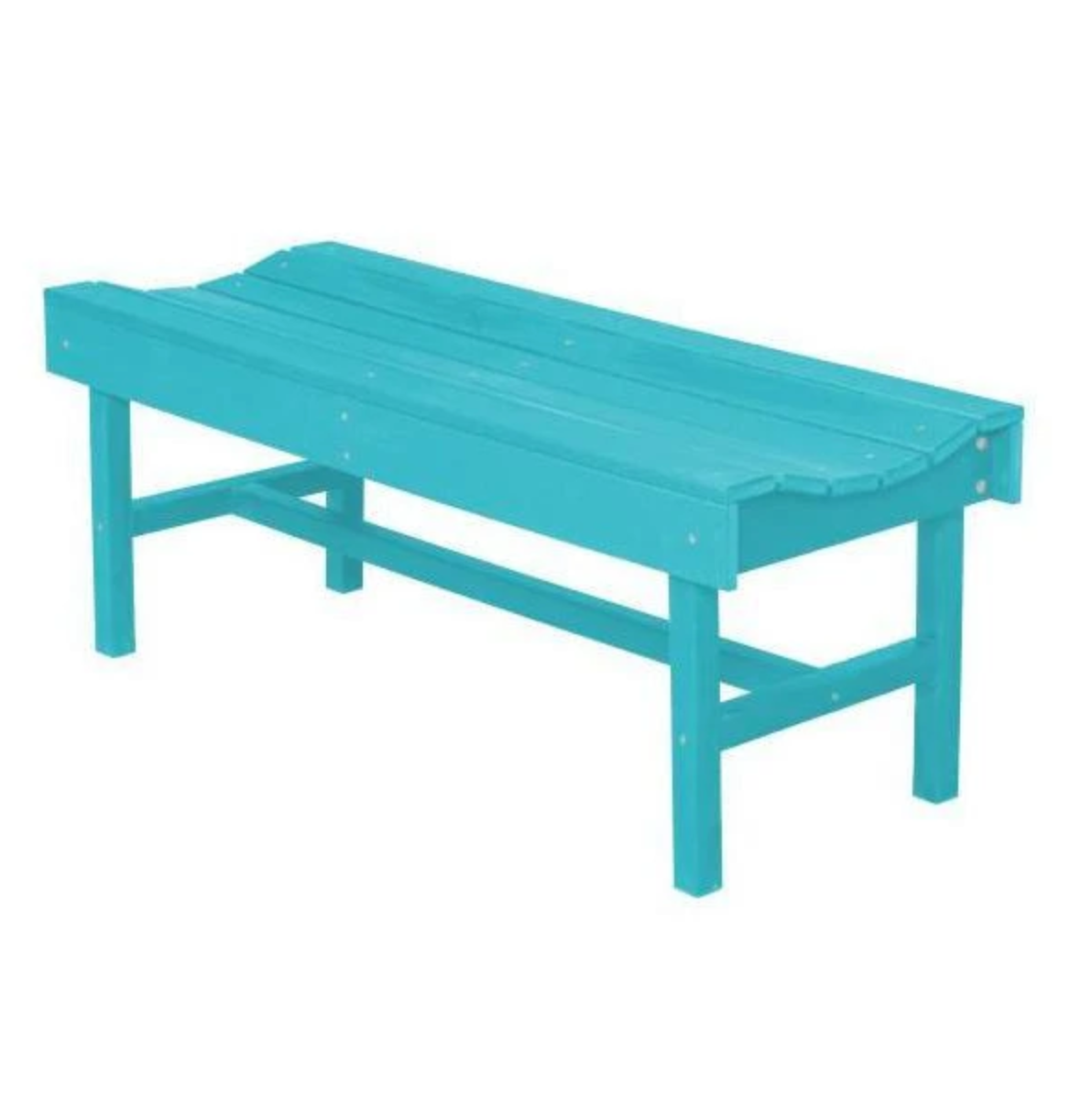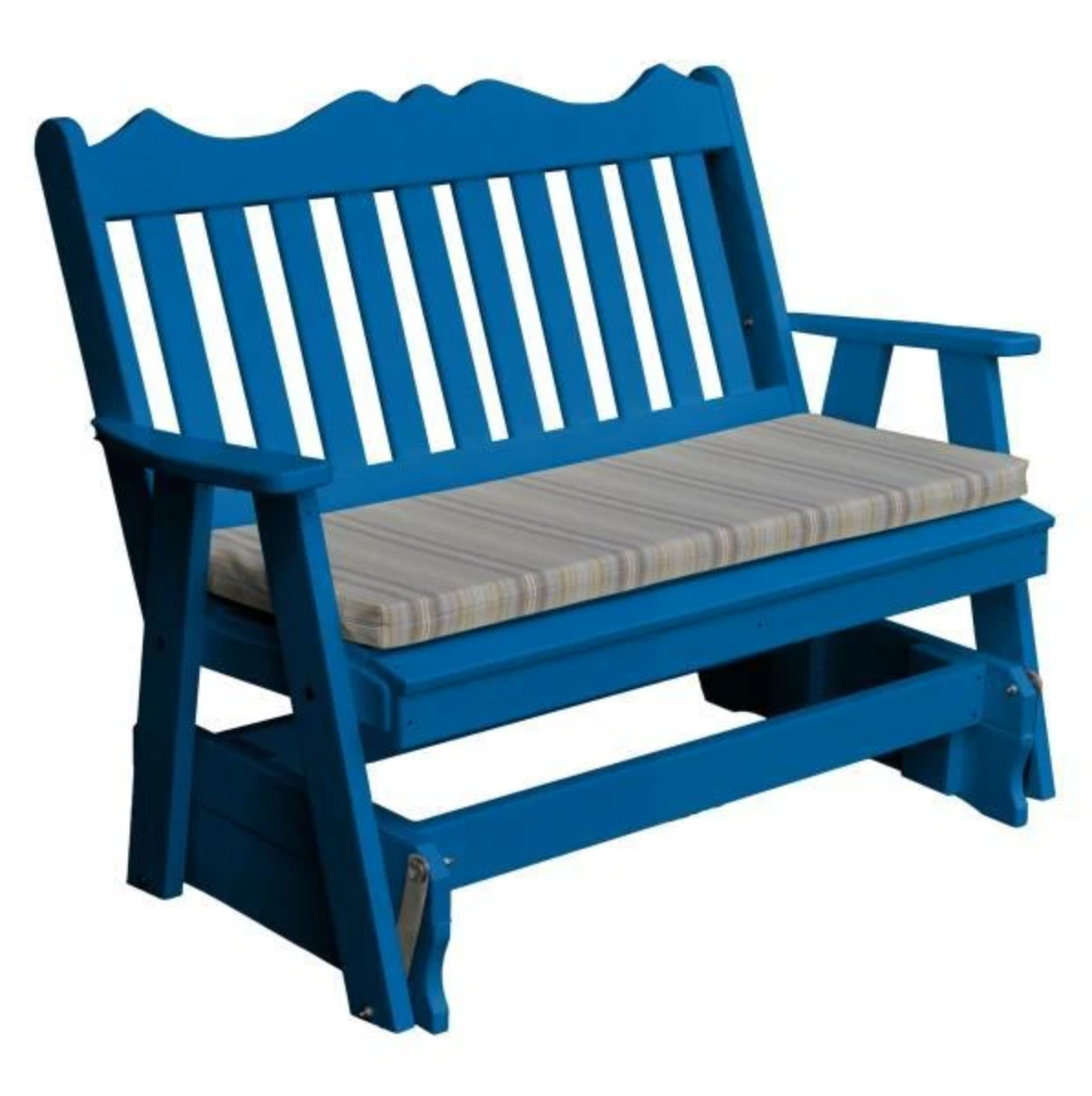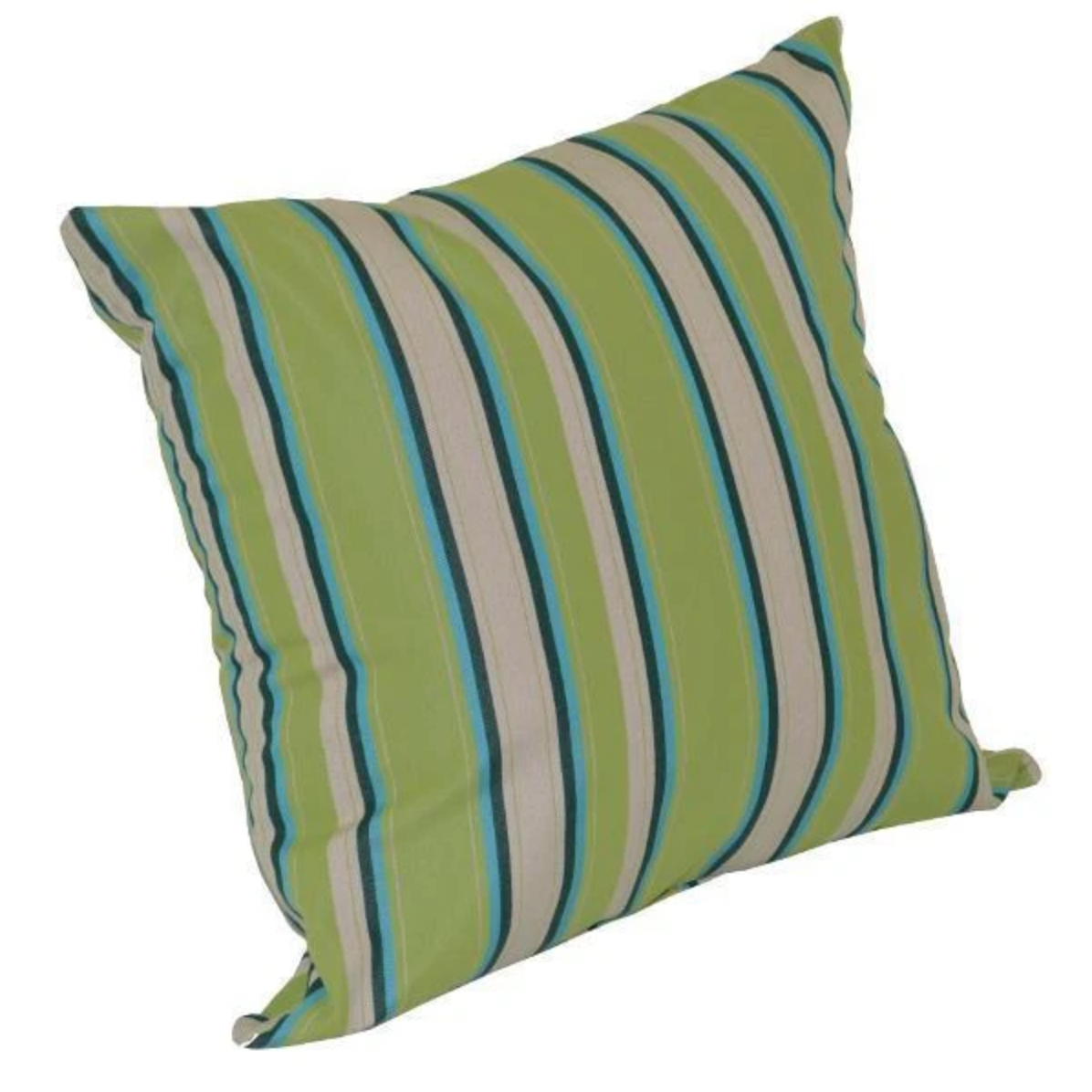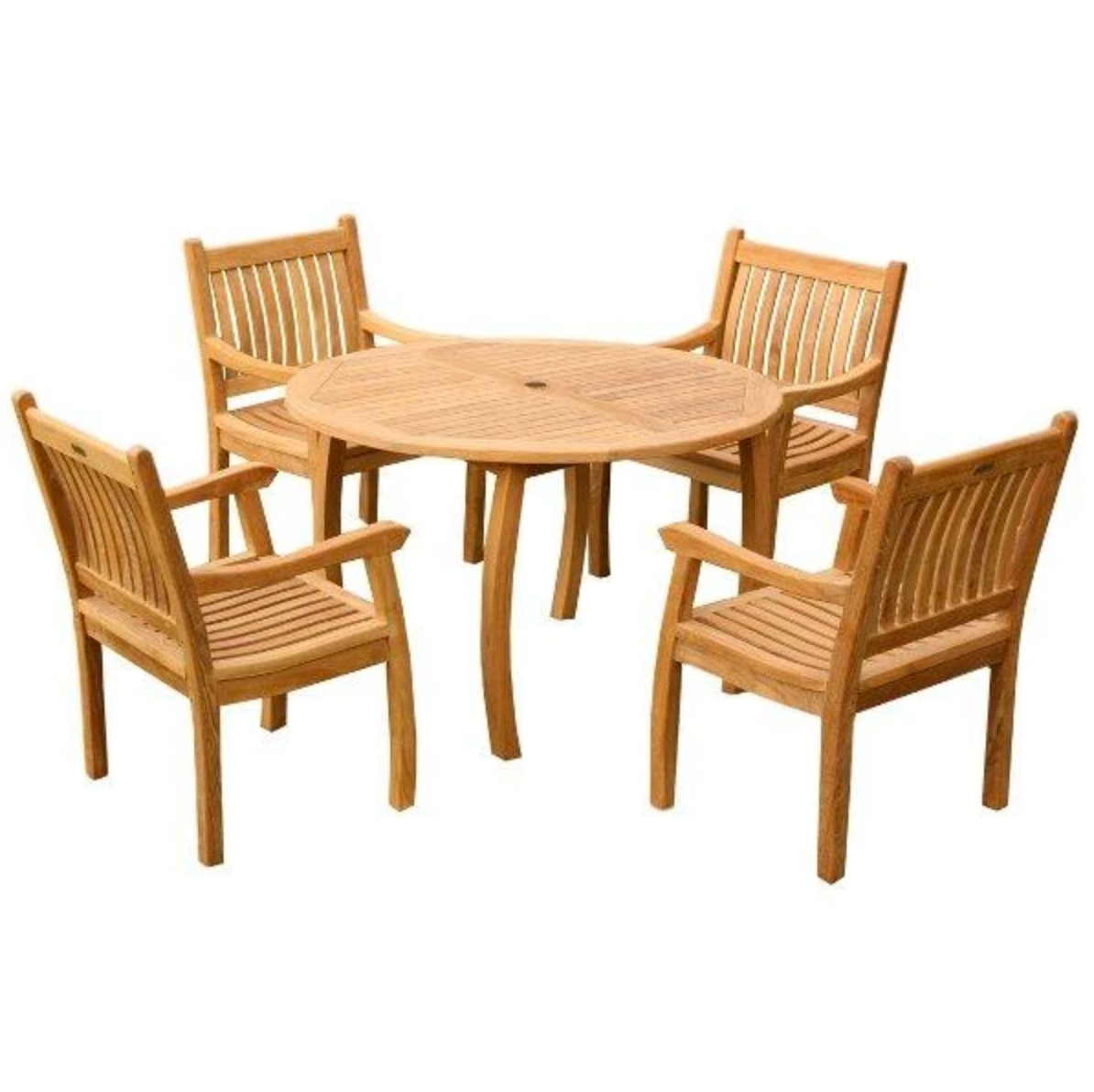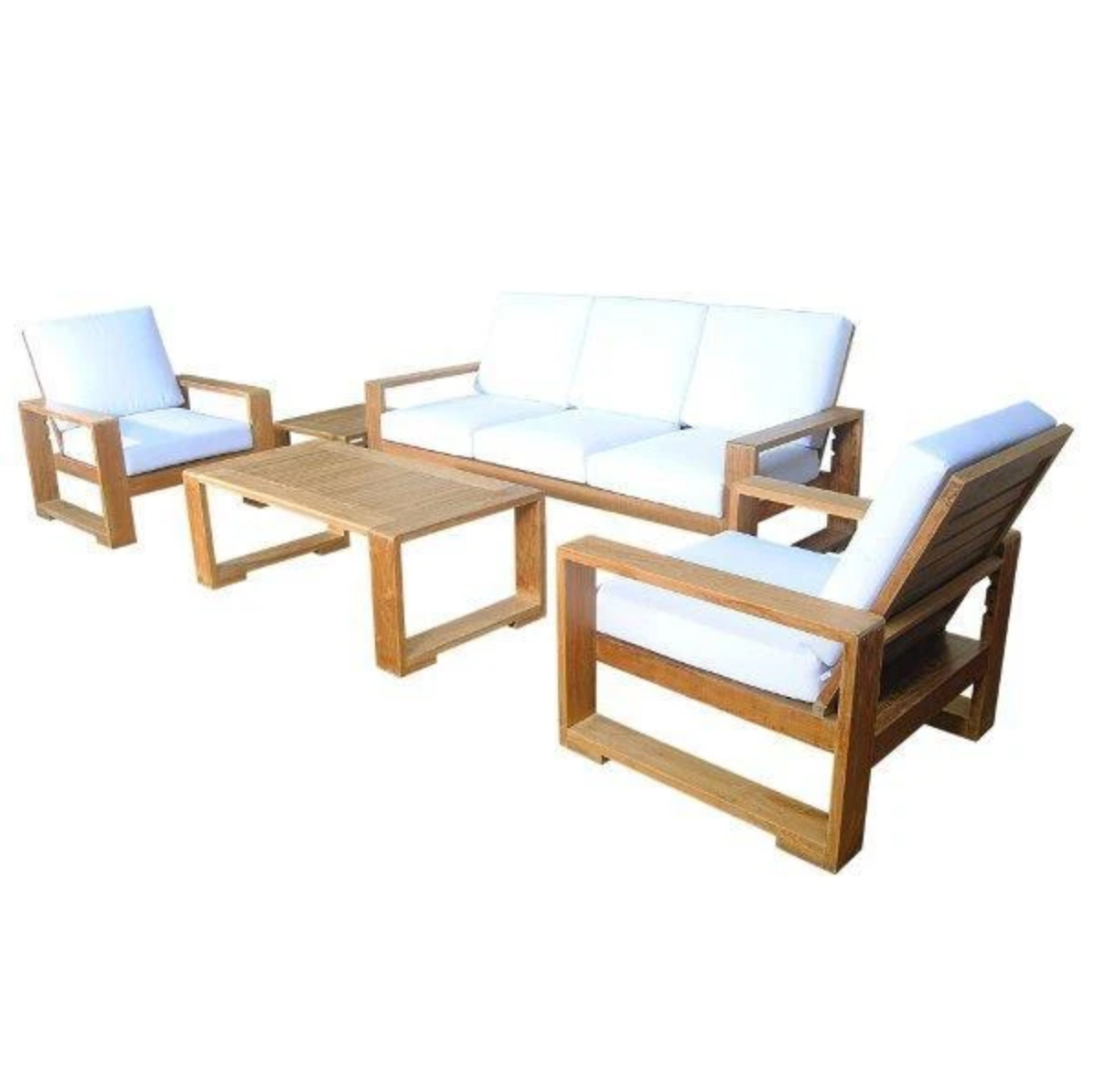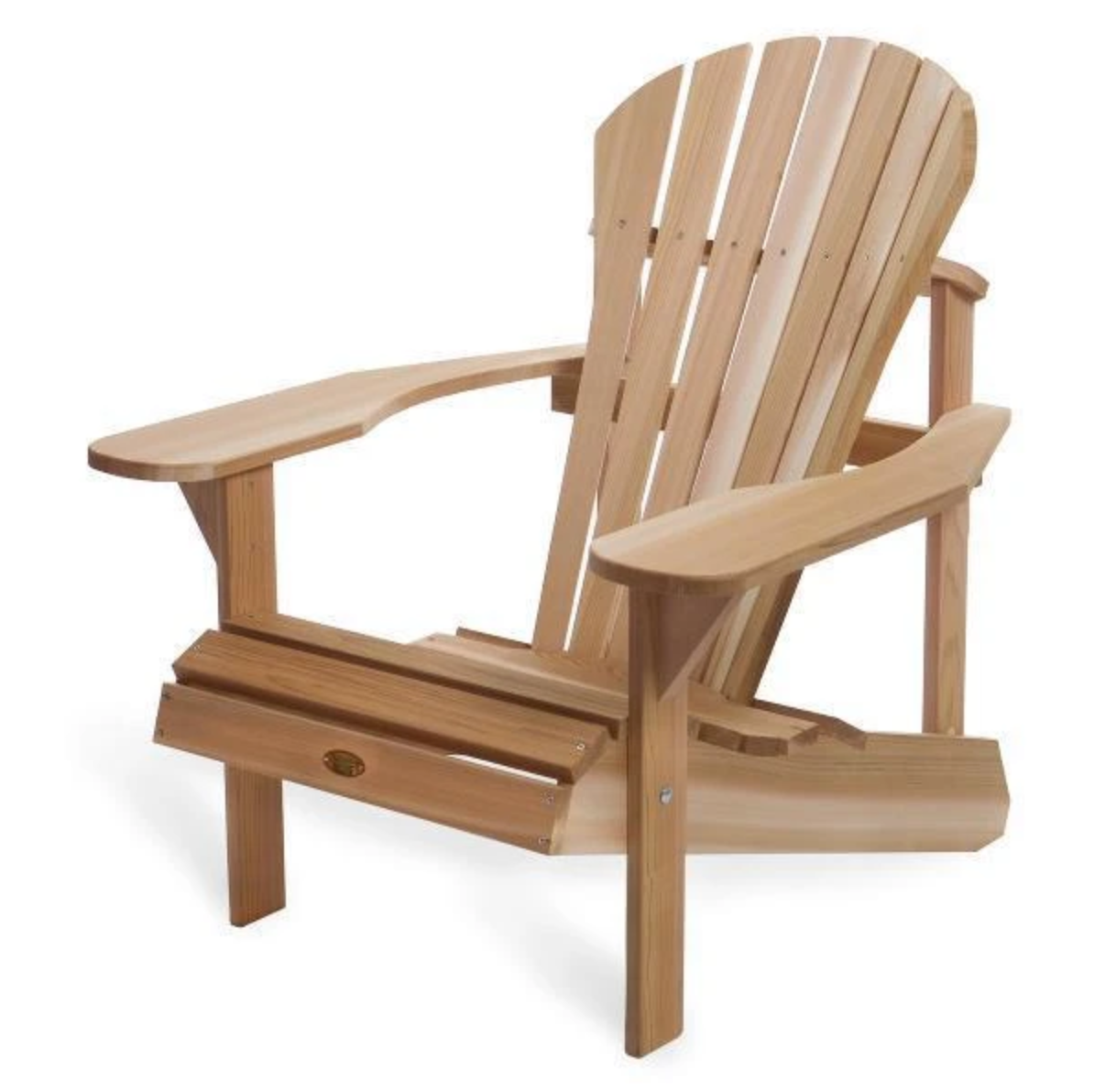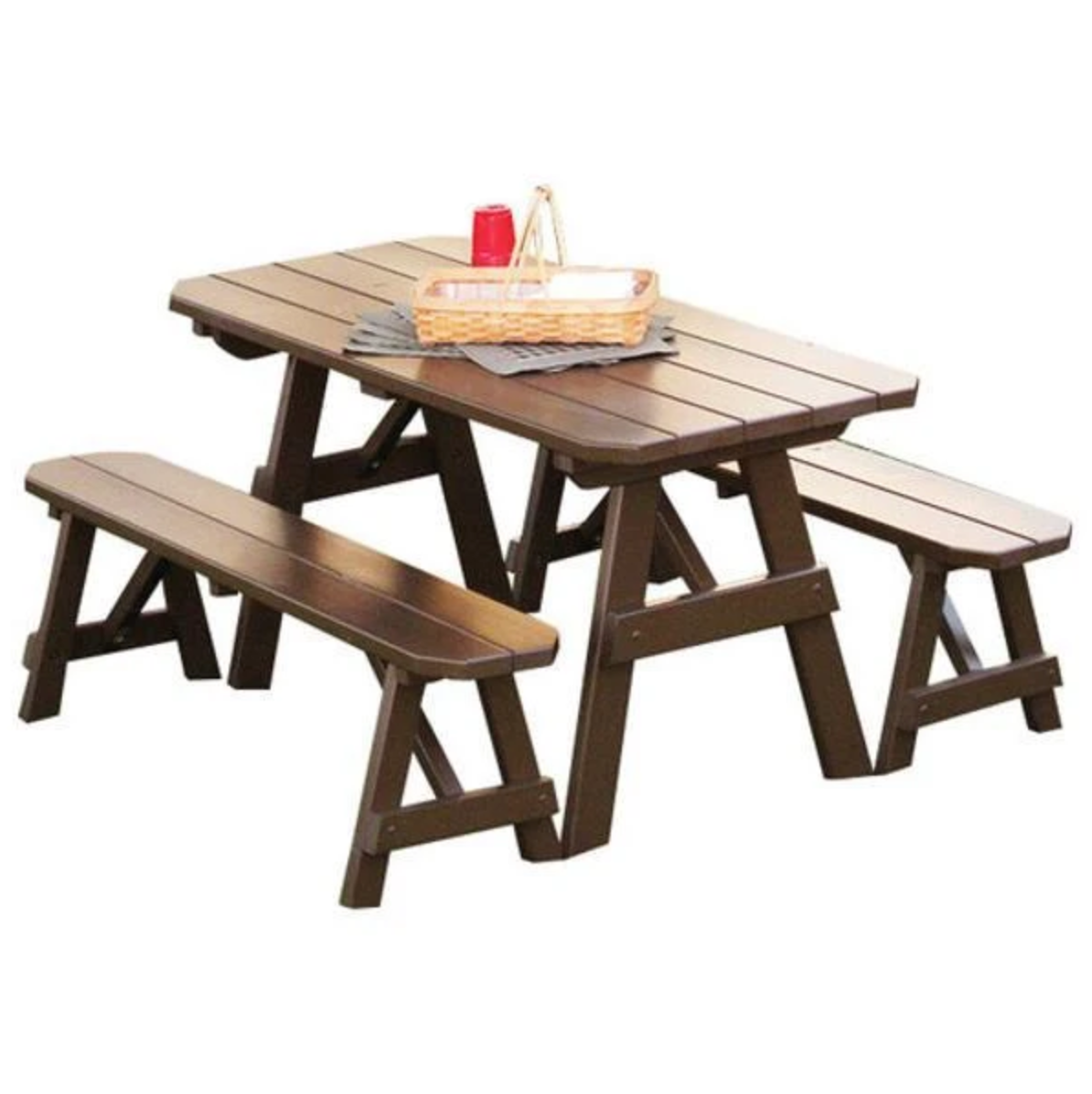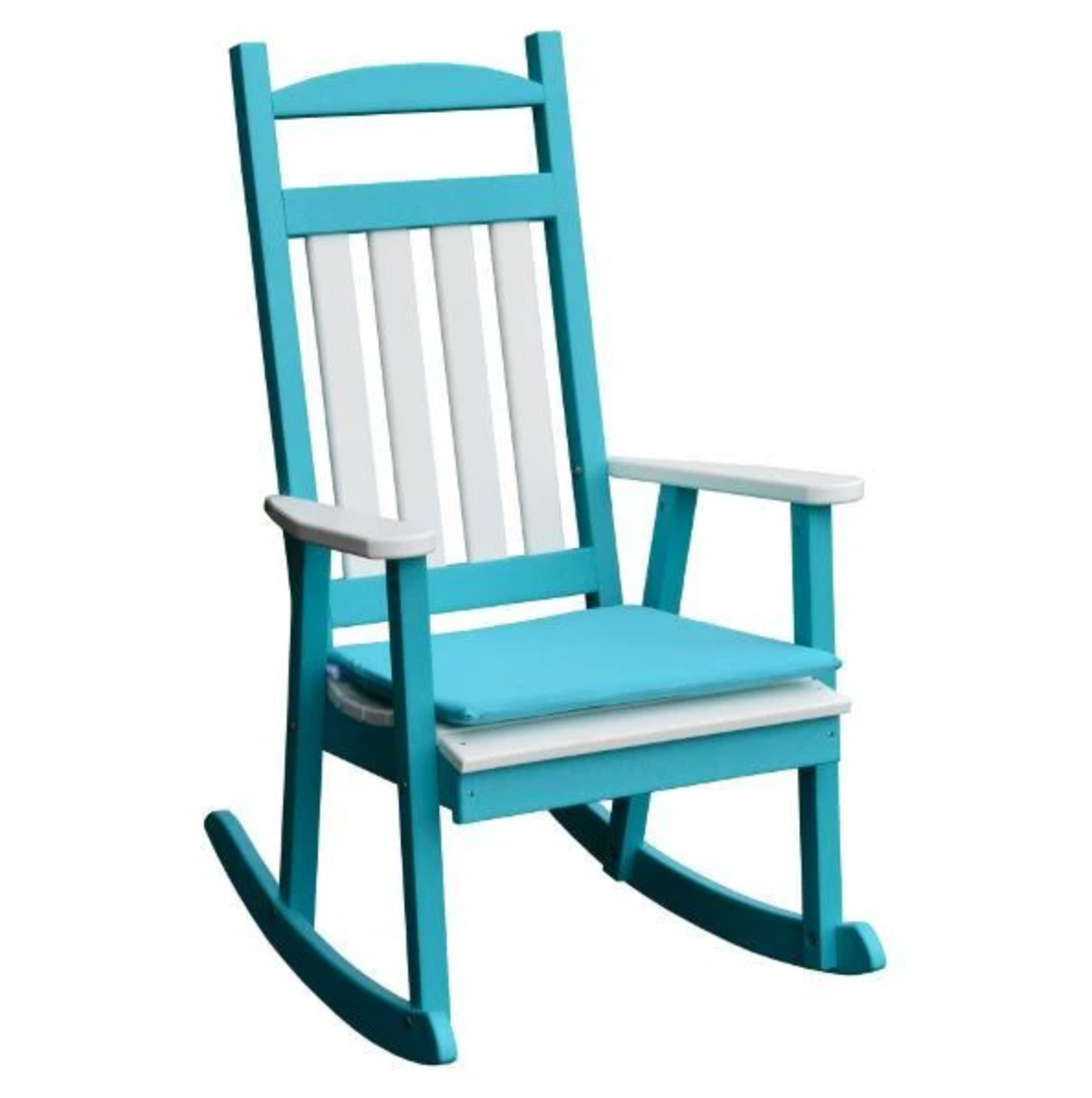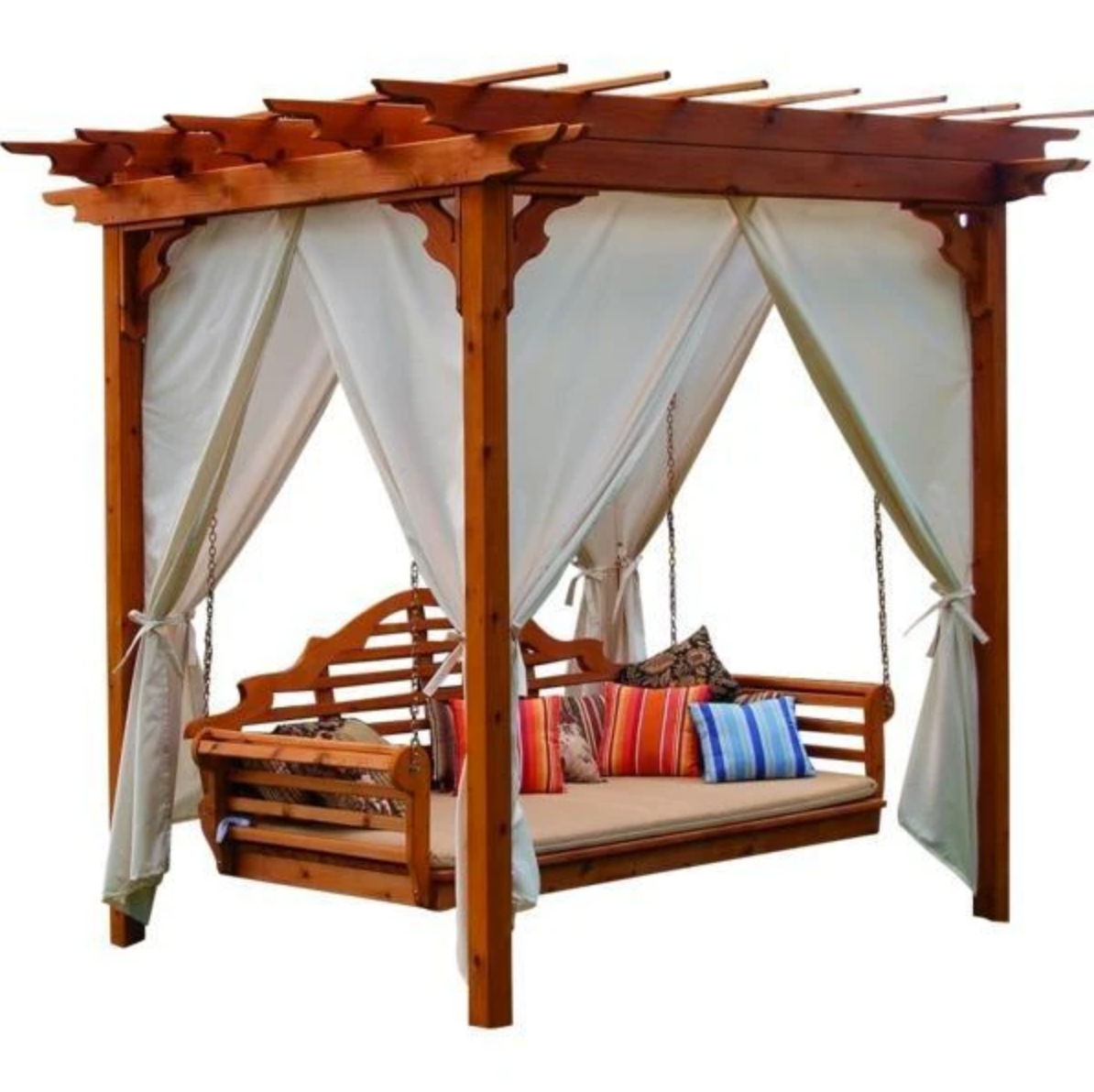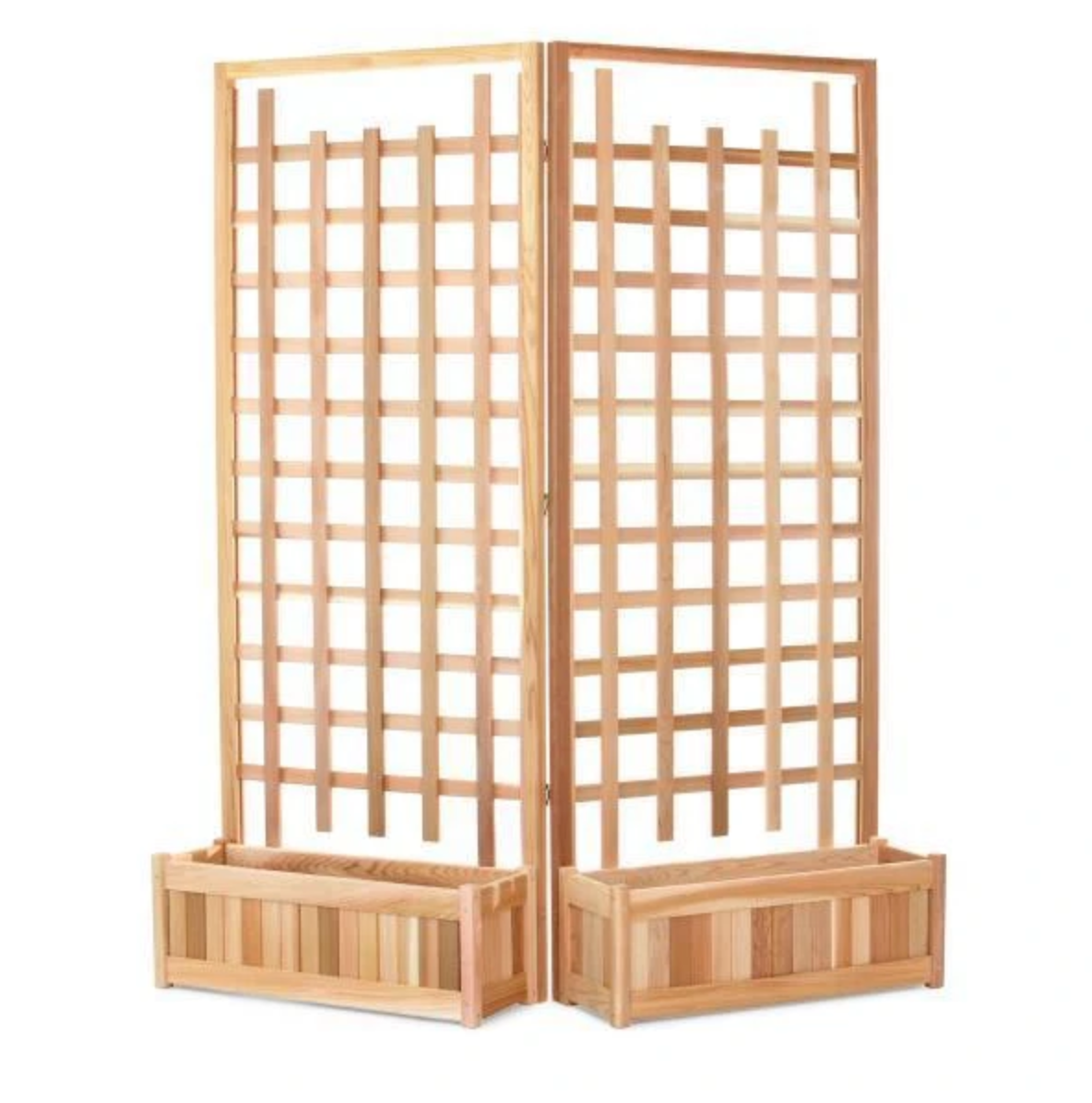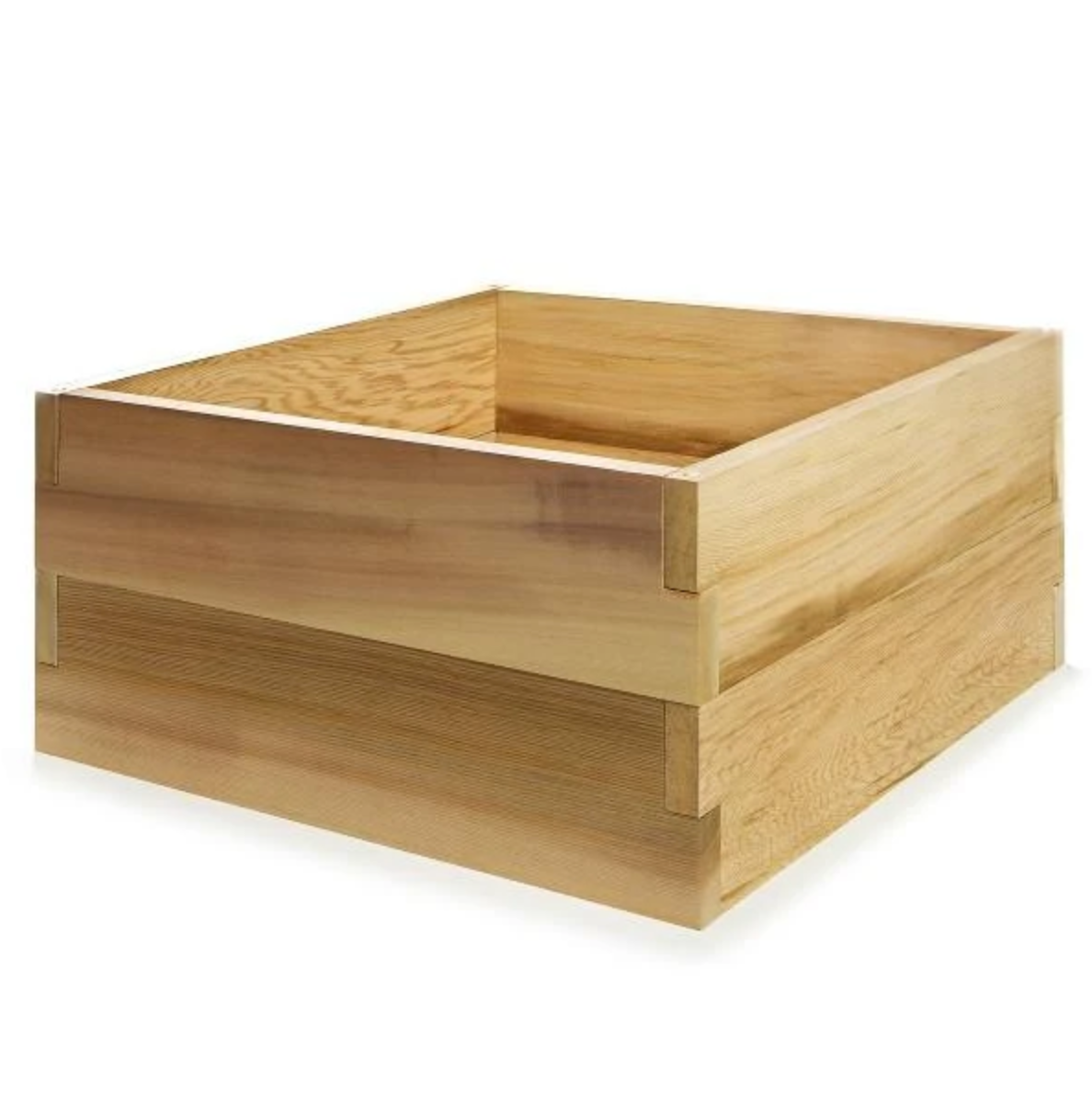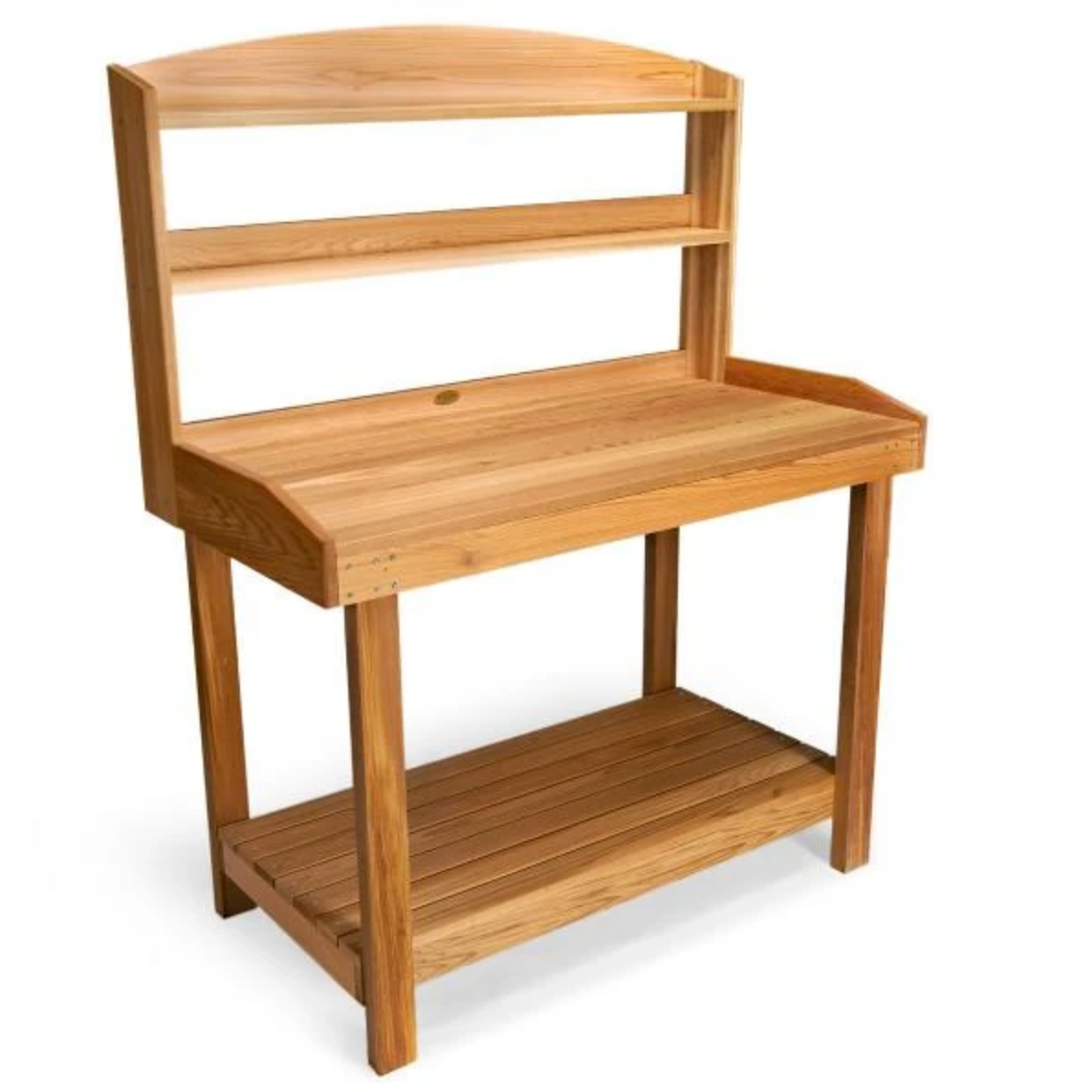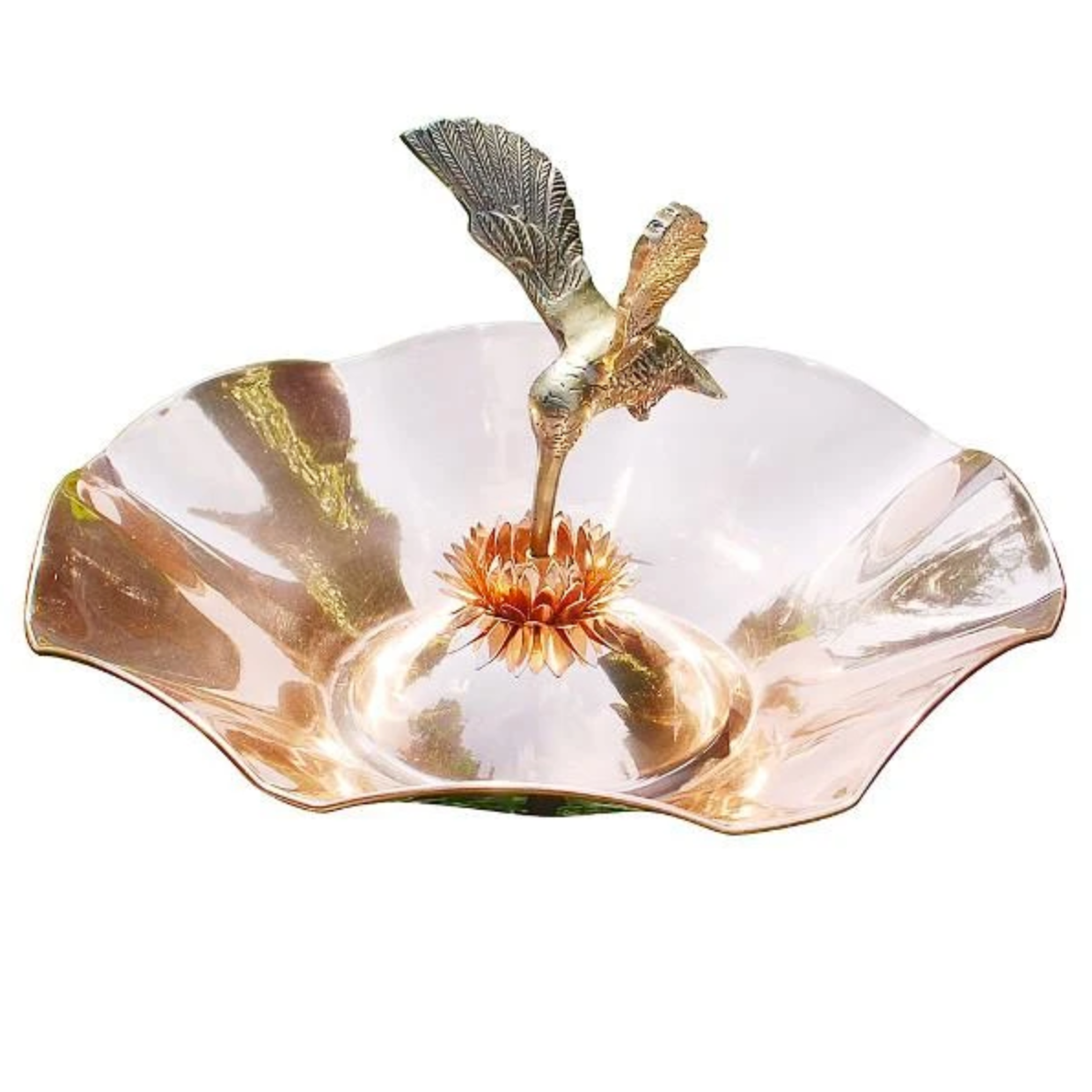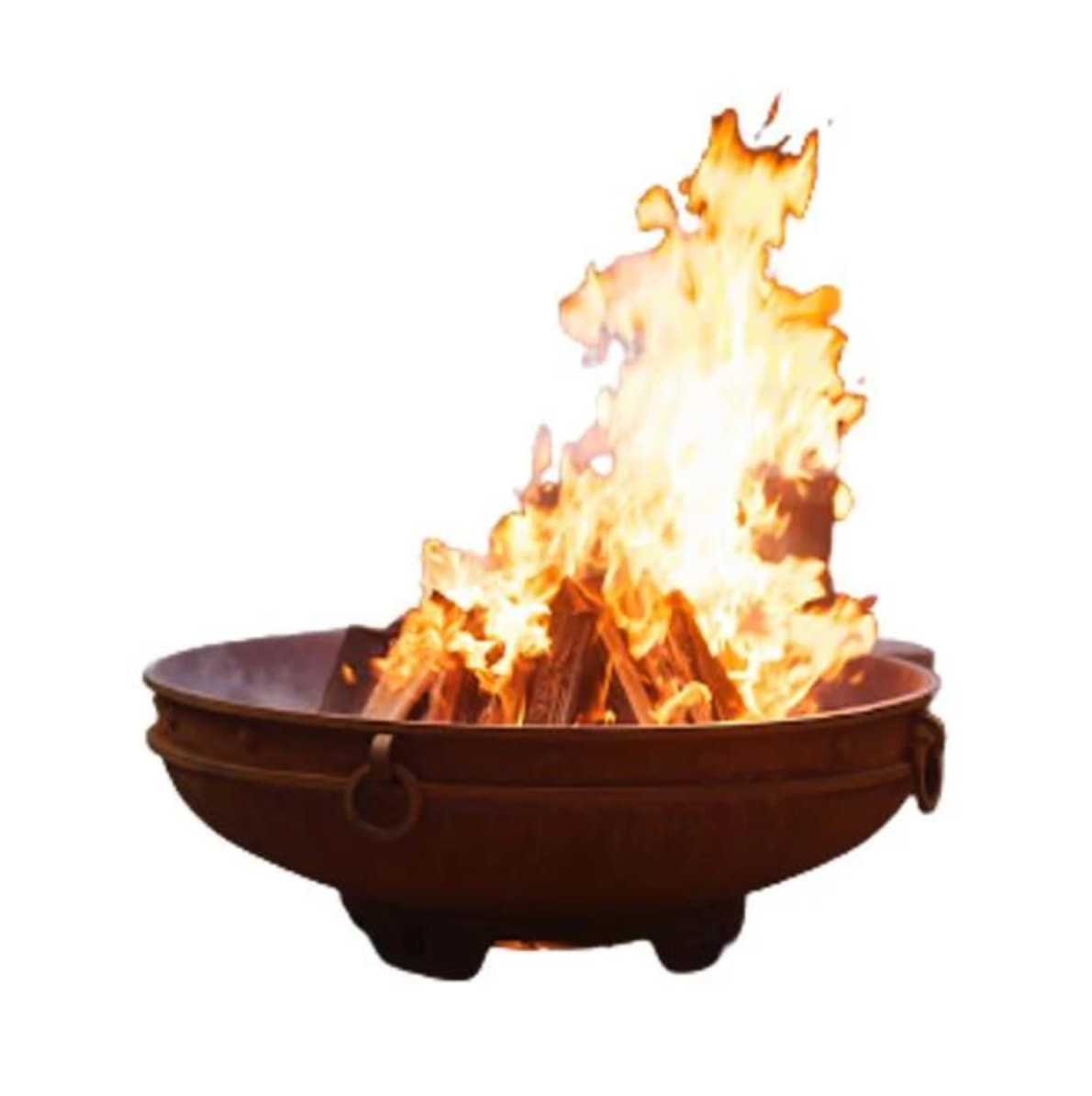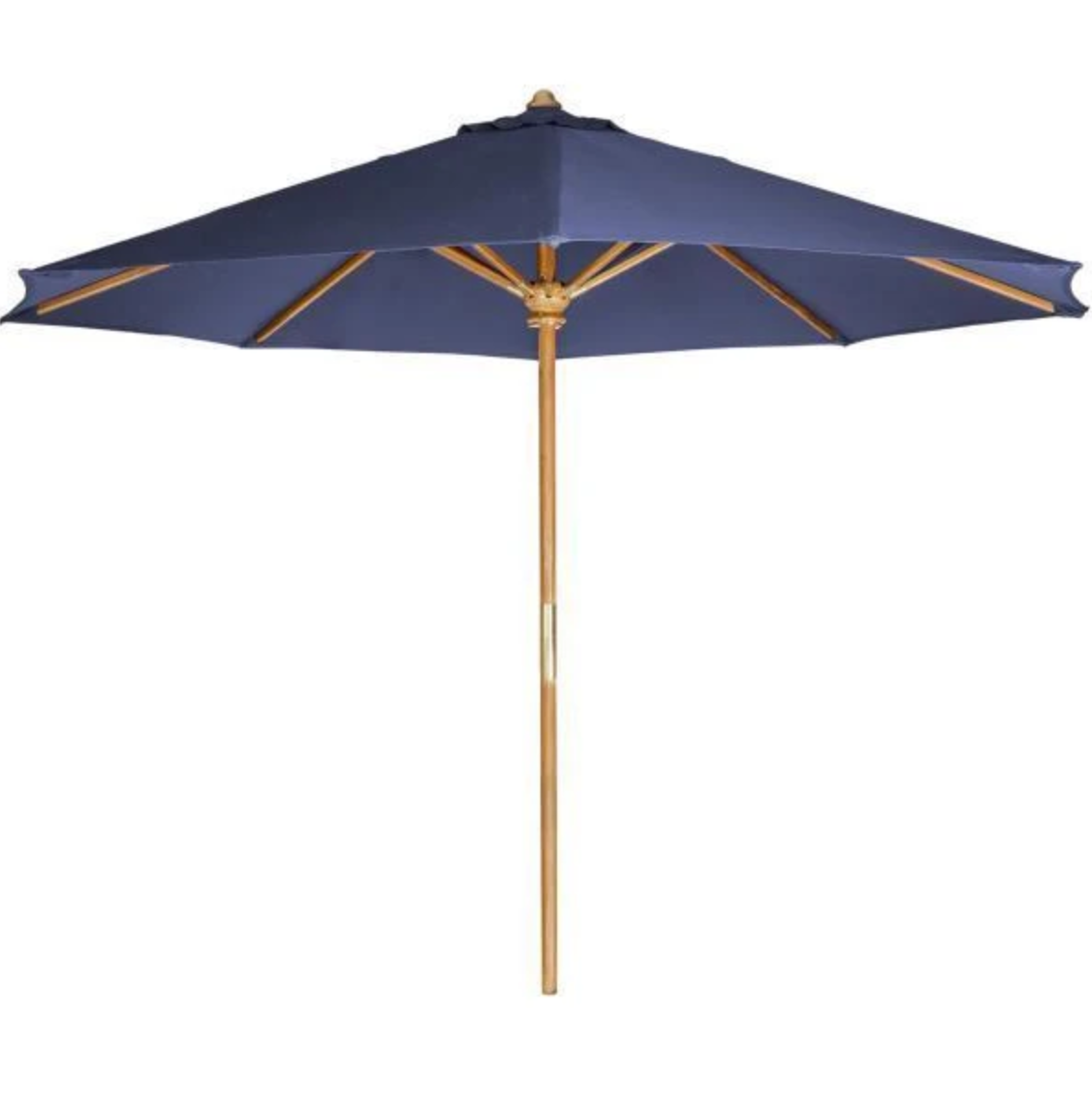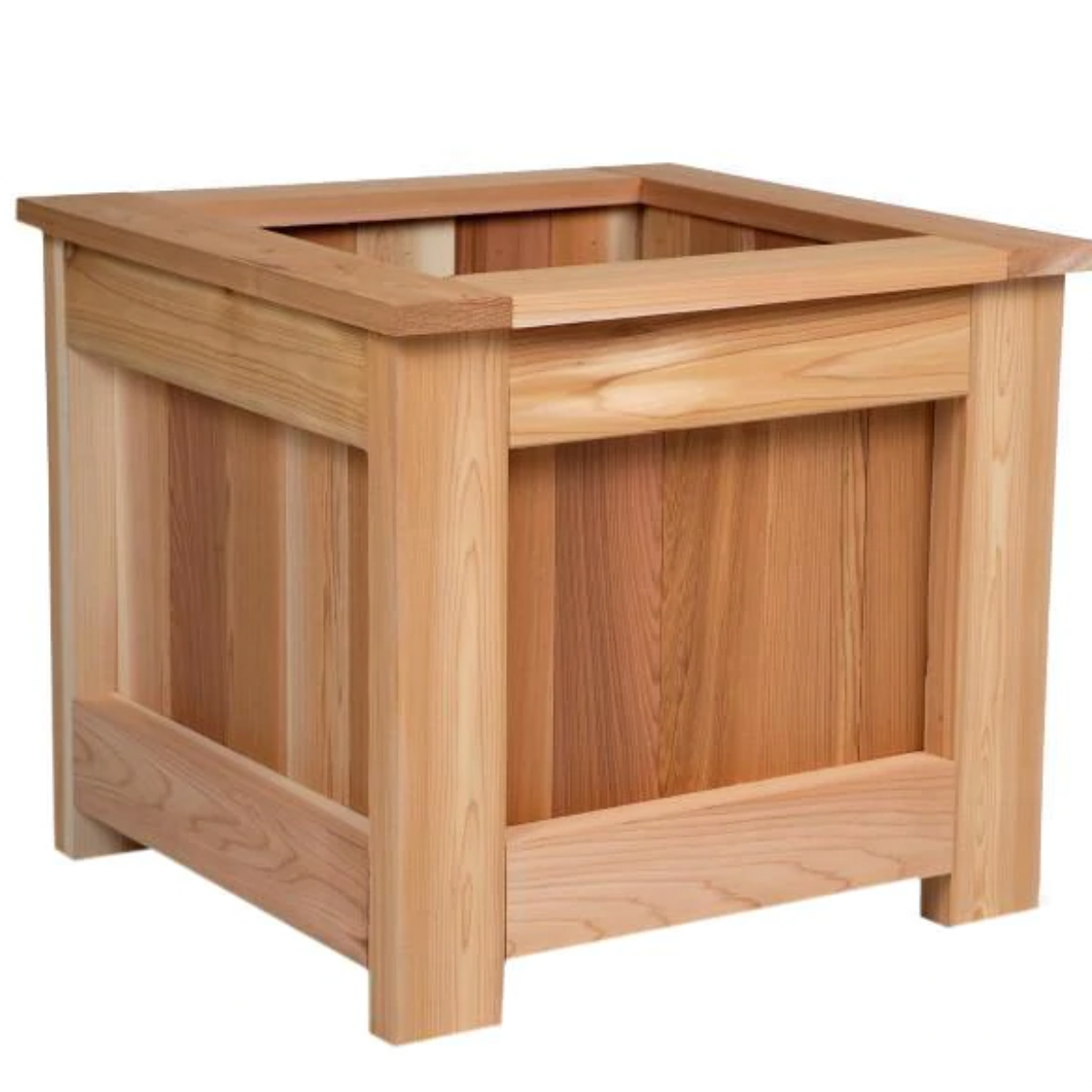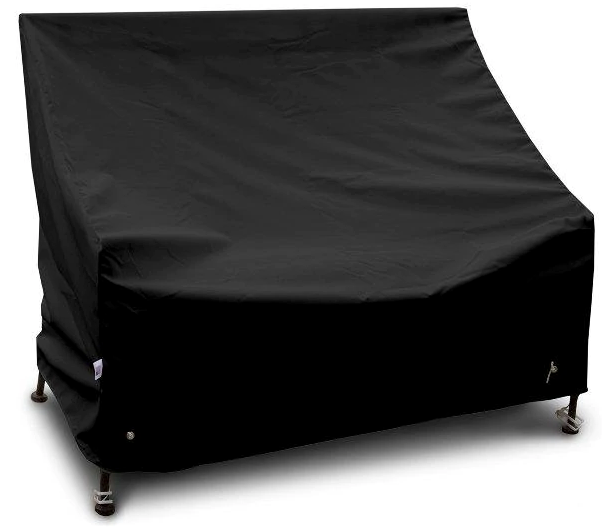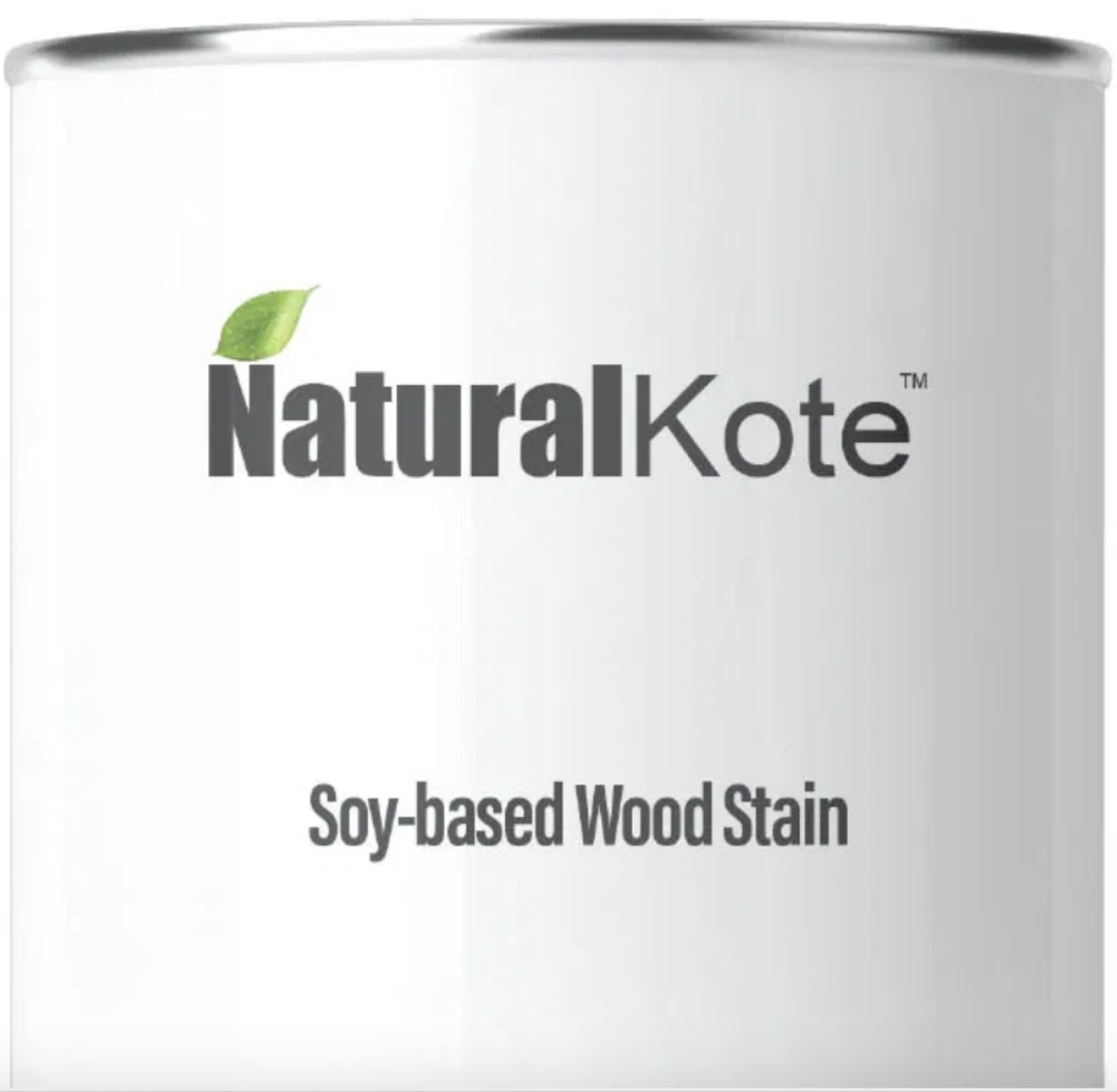Your Cart is Empty
Cast Iron Bench
Looking for a bench with timeless elegance and unmatched durability? Our Cast Iron Bench collection is the perfect choice. These pieces are not just seating; they are enduring heirlooms, featuring classic, ornate scrollwork and intricate patterns that bring a sense of historical grandeur to any space. Each bench is forged from heavy-duty cast iron, ensuring it remains sturdy, stable, and completely maintenance-free against all weather, providing a beautiful, permanent fixture for your park, patio, or estate garden.
Q1: What are the main aesthetic characteristics of a cast-iron bench?
A: Cast Iron Benches are recognized for theirweight, durability, and highly intricate, ornate detailing.
-
Aesthetics: Cast iron is molten and poured into molds, allowing for complex, decorative patterns—often featuring scrollwork, floral motifs, geometric designs, or classic Victorian/Gothic styling. A cast-iron bench acts as a powerful, elegant accent piece or focal point in a formal garden.
-
Feel: They convey a sense of permanence, heritage, and heavy-duty quality unmatched by other materials.
Q2: What is the main structural benefit and main maintenance challenge of Cast Iron?
A: Cast Iron has both a strong benefit and a significant challenge:
-
Benefit (Weight/Stability): Cast iron benches are exceptionally heavy and stable. They arehighly resistant to strong winds, theft, and movement, making them ideal for open lawns, parks, or exposed areas.
-
Challenge (Rust): Cast iron is very susceptible to rust. The bench must be treated with a high-quality, heavy-dutypowder coating or paint to seal the metal. Any chip or scratch in this coating must be repaired immediately with rust-inhibiting paint to prevent moisture from reaching the iron and spreading rust.
Q3: Are Cast Iron Benches comfortable for long periods of sitting?
A: No, Cast-iron benches are generallynot comfortable for extended sitting without cushions.
-
Rigidity: The metal is stiff and rigid, and the surface often has slats or mesh patterns that press against the body.
-
Temperature: Iron conducts temperature quickly, becoming very hot in the sun and very cold in winter.
-
Solution:Thick, tailored seat cushions and pillows are essential to mitigate the firmness and temperature conductivity, making the bench a pleasurable place to rest.
Q4: Are these benches suitable for contemporary outdoor designs?
A: While historically associated with Victorian and traditional styles, modern techniques have expanded the use of cast iron:
-
Traditional: The intricate scrollwork benches remain popular in formal gardens and classic settings.
-
Contemporary: Newer cast iron benches featurecleaner, simpler geometric patterns and are finished in sleek, matte colors (like black or dark bronze) to fit minimalist or industrial modern aesthetics.

